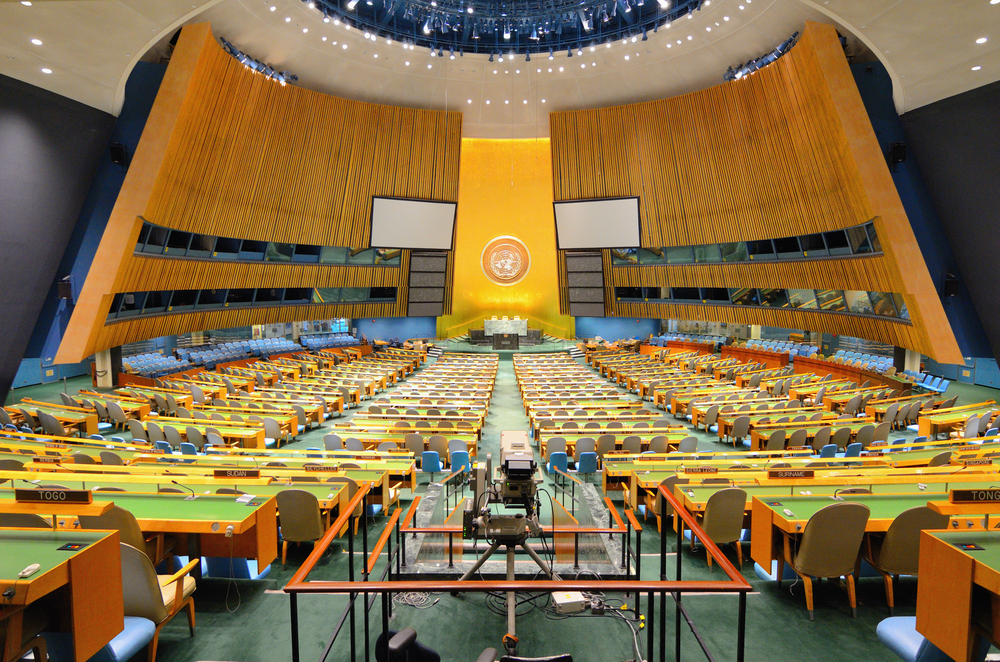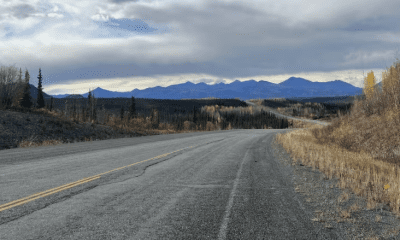Breaking
UN climate report balances science and politics
BERLIN — After racing against the clock in an all-night session, the U.N.’s expert panel on climate change was putting the final touches Saturday on a scientific guide to help governments, industries and regular people take action to stop global warming from reaching dangerous levels.
As always when the Intergovernmental Panel on Climate Change adopts one of its high-profile reports, the week-long talks in Berlin were slowed by wrangling between scientists and governments over which words, charts and tables to use in the roughly 30-page summary of a much bigger scientific report.
The painstaking process is meant to clarify the complex world of climate science to non-scientists but it also reflects the brinksmanship that characterizes international talks on climate action – so far unsuccessful in their goal to stop the rise of man-made carbon emissions blamed for global warming.
“Sometimes it’s framed as if what the IPCC does is `just the facts, ma’am,’ and that of course is not accurate,” said Steve Rayner, an Oxford scientist who has taken part in three of the IPCC’s previous assessments, but not this one.
“It’s not pure science and it’s not just politics,” but a blend of both, Rayner said.
In Berlin, the politics showed through in a dispute over how to categorize countries in graphs showing the world’s carbon emissions, which are currently growing the fastest in China and other developing countries. Like many scientific studies, the IPCC draft used a breakdown of emissions from low, lower-middle, upper-middle and high income countries.
Many developing countries objected and wanted the graphs to follow the example of U.N. climate talks and use just two categories – developed and developing – according to three participants who spoke to The Associated Press on condition of anonymity because the IPCC session was closed to the public.
By contrast, U.S. delegates wanted the tables to be even more specific, showing which countries belonged to each income category, according to comments to a draft being edited line-by-line in Berlin and obtained by The Associated Press.
That reflects a nagging dispute in the U.N. talks, which are supposed to produce a global climate agreement next year. The U.S. and other industrialized nations want to scrap the binary rich-poor division, saying large emerging economies such as China, Brazil and India must adopt more stringent emissions cuts than poorer countries. The developing countries are worried it’s a way for rich countries to shirk their own responsibilities to cut emissions.
The deadlock over the graphs appeared to have ended early Saturday after 20 hours of backroom negotiations led by IPCC vice chairman Jean-Pascal van Ypersele, a Belgian.
“I offered some Belgian Easter chocolate eggs to the participants of the Contact group at midnight: they helped!” van Ypersele wrote on Twitter early Saturday.
Another snag: oil-rich Saudi Arabia objected to text saying emissions need to go down by 40-70 percent by 2050 for the world to stay below 2 degrees C (3.6 F) of warming, participants told AP. One participant said the Saudis were concerned that putting down such a range was “policy-prescriptive,” even though it reflects what the science says.
The final document, to be released Sunday, is expected to say that a global shift to renewable energy from fossil fuels like oil and coal are required to avoid potentially devastating sea level rise, flooding, droughts and other impacts of warming.
The report on mitigating climate change was the third of the IPCC’s four-part assessment on climate change, its first since 2007.
Swedish environmental economist Thomas Sterner, a lead author of one of the chapters in the report, said the IPCC process can be frustrating to scientists.
“There’s a fight over every comma sign,” he told AP.
In a blog post from Berlin he said scientists addressing the meeting were told to “Keep our statements short and concise, avoid jargon, do not lecture the delegates, do not become emotional.”
Chris Field, who co-chaired another IPCC session in Japan last month and sits on the panel’s executive committee but did not have a direct role in the Berlin session, said one way to think about the process is that scientists have control of a two-way valve and can move findings into or out of the summary for policy-makers. The governments have a one-way valve and can only move things out of the document.
“The role of this one-way valve is important in thinking about why the findings of the IPCC always feel so measured and carefully couched,” he said.
Many of the government interventions are “incredibly helpful” in making the text clearer, he added. “It is a pretty amazing process. But some of the interventions are not quite as time efficient.”






















